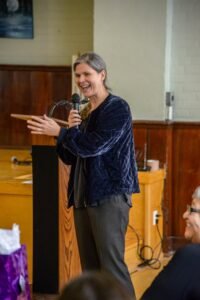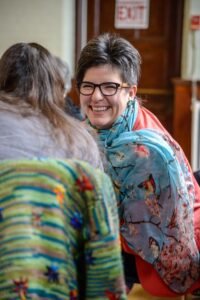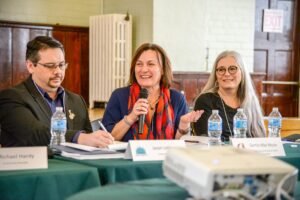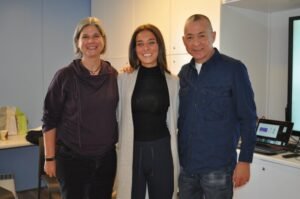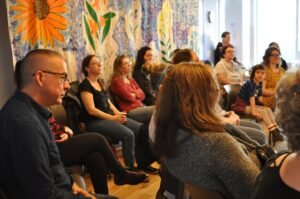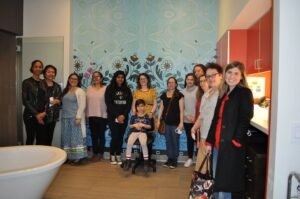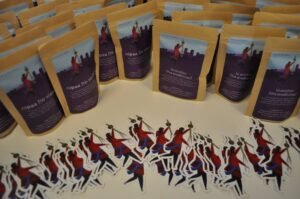Description
Well Living House is an action research centre for Indigenous infants, children, and their families' health and well-being. Our focus is on gathering, using, sharing, and protecting Indigenous health and well-being knowledge and practices. We draw on both Indigenous and public health knowledge to inform cutting edge scholarship and best practices. At the heart is an aspiration to be a place where Indigenous people can gather, understand, and share what it means to be a healthy child, family, and community – building a “Well Living House”.
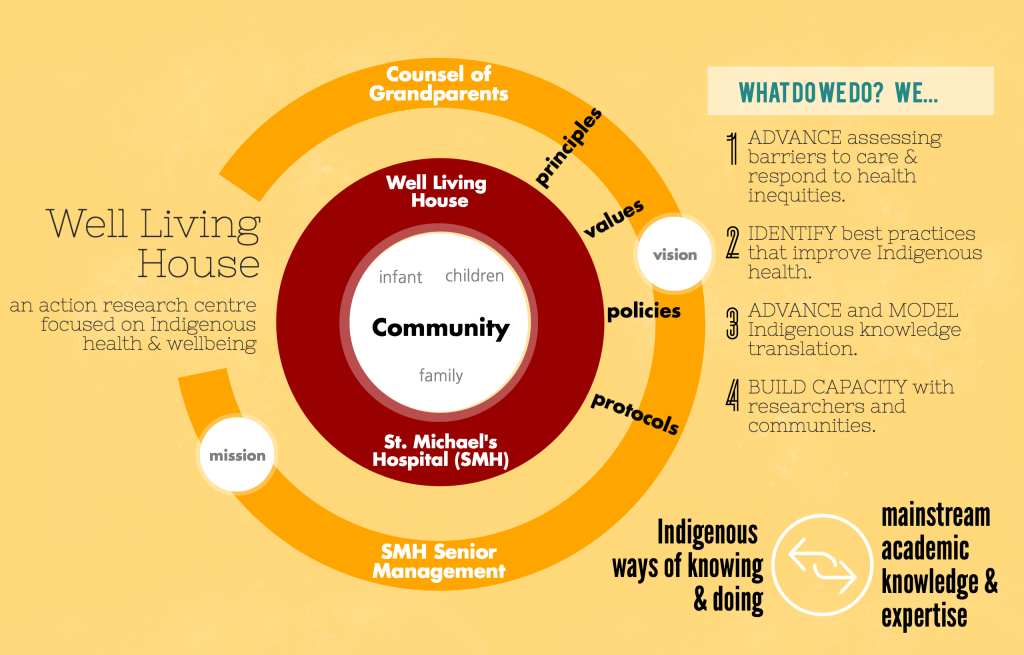
The long-term vision of the Well Living House is that every Indigenous infant will be born into a context that promotes health and well-being – at the individual, family and community levels. We are actively working toward achieving this vision by improving health policies, services, and programs through applied knowledge work. Current priority research topics include urban Indigenous health assessments and enhancing health and social services; best practices in Indigenous parent-infant-toddler health promotion; and Indigenous midwifery and reproductive health.
The WLH conducts research, advances community-based knowledge and practices, and provides student and practitioner training. Both Indigenous and mainstream academic knowledge and expertise inform the work of the Well Living House. We respect both Indigenous and non-Indigenous ways of knowing and doing. Collectively, we strive to build on synergies between the two, and to move beyond historic/current community-university tensions.
Who is Involved
Wāhkōhtowin (Kinship):
We are a group of Indigenous health researchers, health practitioners and community grandparents who are working together to improve the health and well-being of Indigenous infants, children, and their families through applied knowledge work.
Location
-
209 Victoria St, Toronto, ON M5B 1T8, Canada


